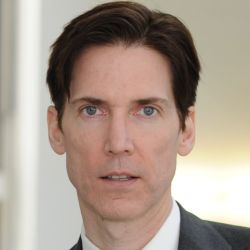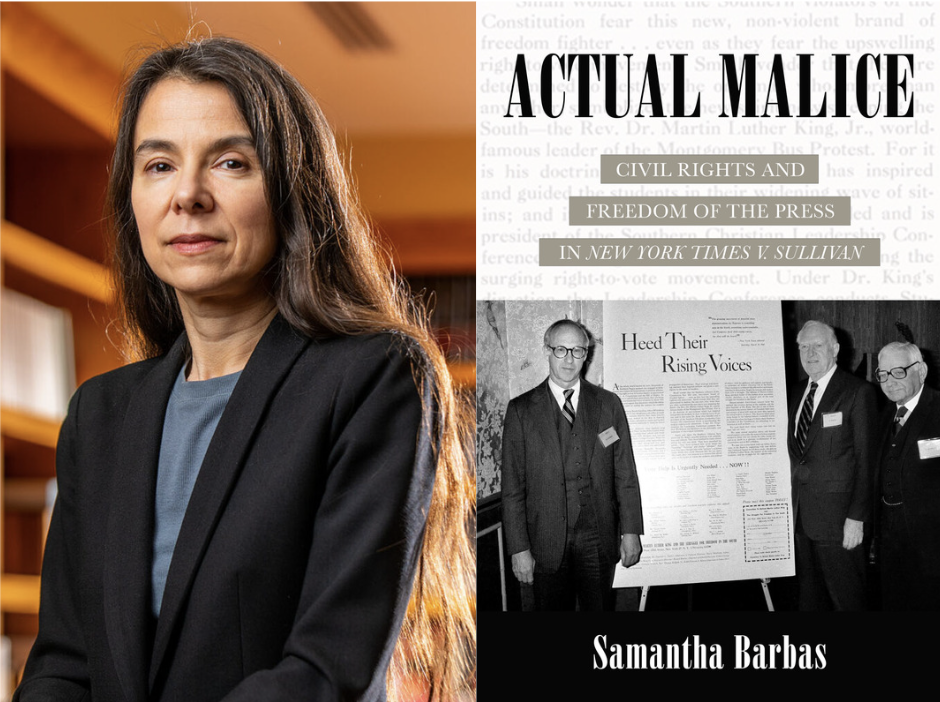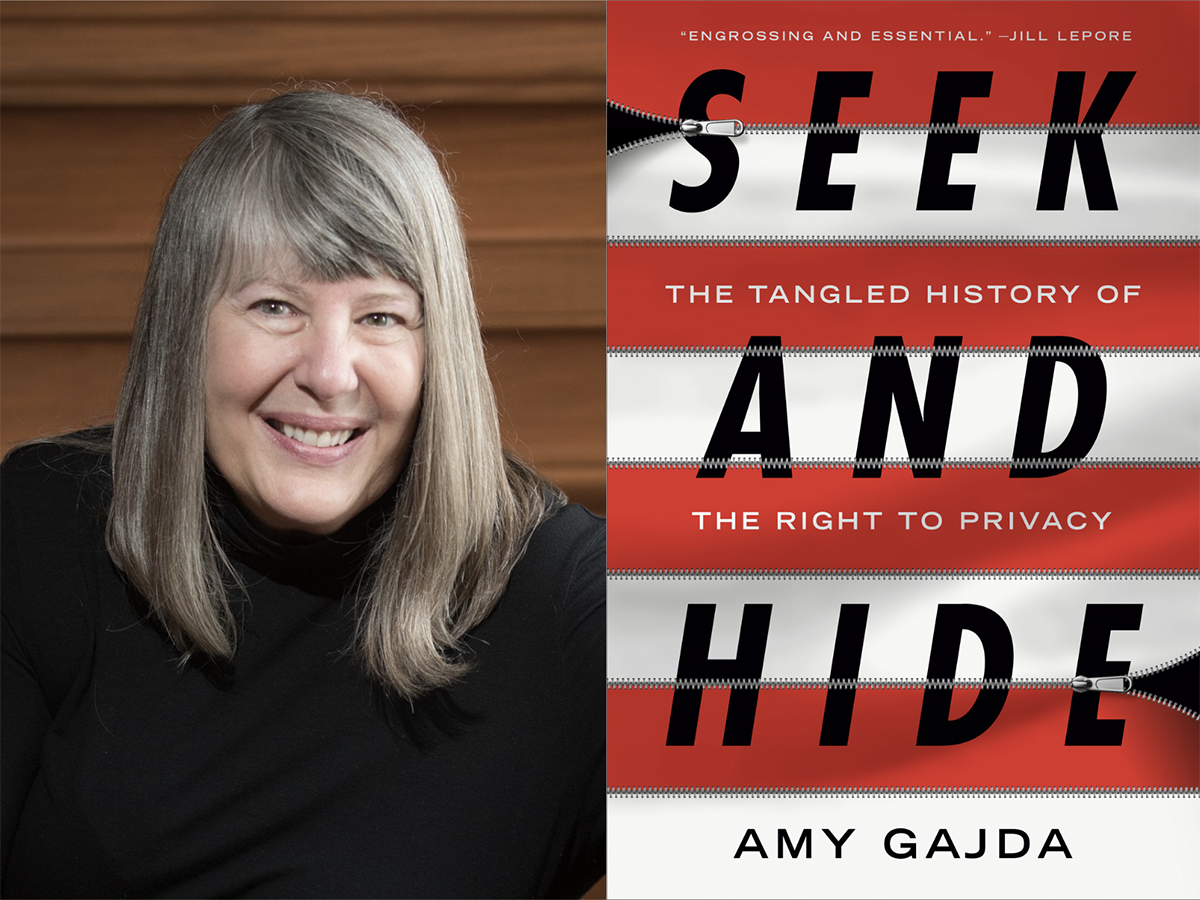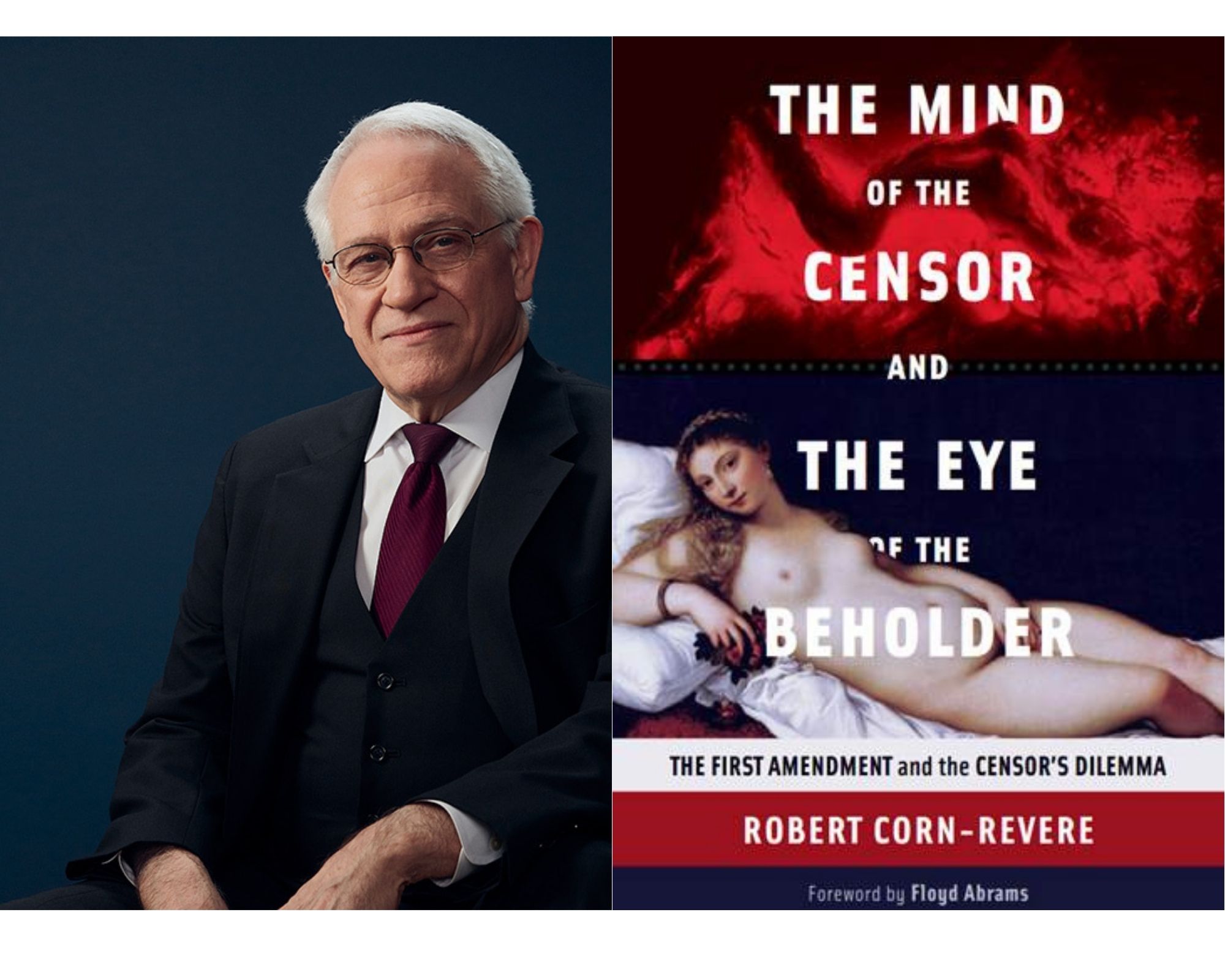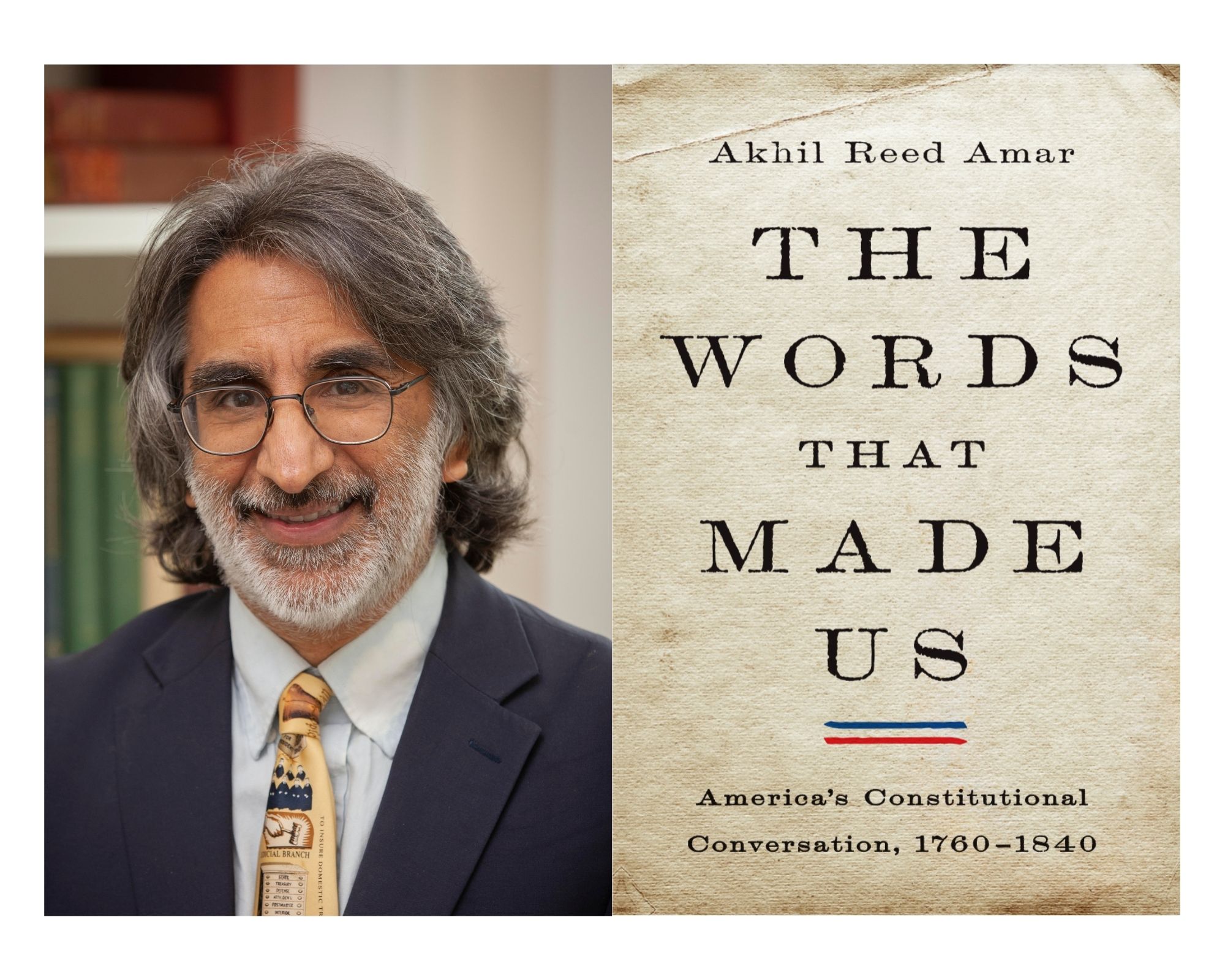The Great Dissent: How Oliver Wendell Holmes Changed His Mind–and Changed the History of Free Speech in America “is a fascinating glimpse into an art that seems lost in law and politics today: the art of changing one’s mind. In meticulous detail, Healy tells us how the great jurist, who had staunchly upheld criminal convictions in free speech cases just months before, changed his mind in Abrams. He changed it because of an intense lobbying effort by his political friends and fellow judges. He changed it because he had been reading the work of legal and political philosophers in Europe, both living and dead. He changed it because he came gradually to realize how broadly the Justice Department was relying upon federal statutes to punish even that dissent which was obviously unlikely to undermine the government’s ability to function.” – The Atlantic
Thomas Healy is a professor at Seton Hall University School of Law. The Great Dissent — How Oliver Wendell Holmes Changed His Mind — and Changed the History of Free Speech in America won the Robert F. Kennedy Book Award and was selected as a New York Times Book Review Editor’s Choice.
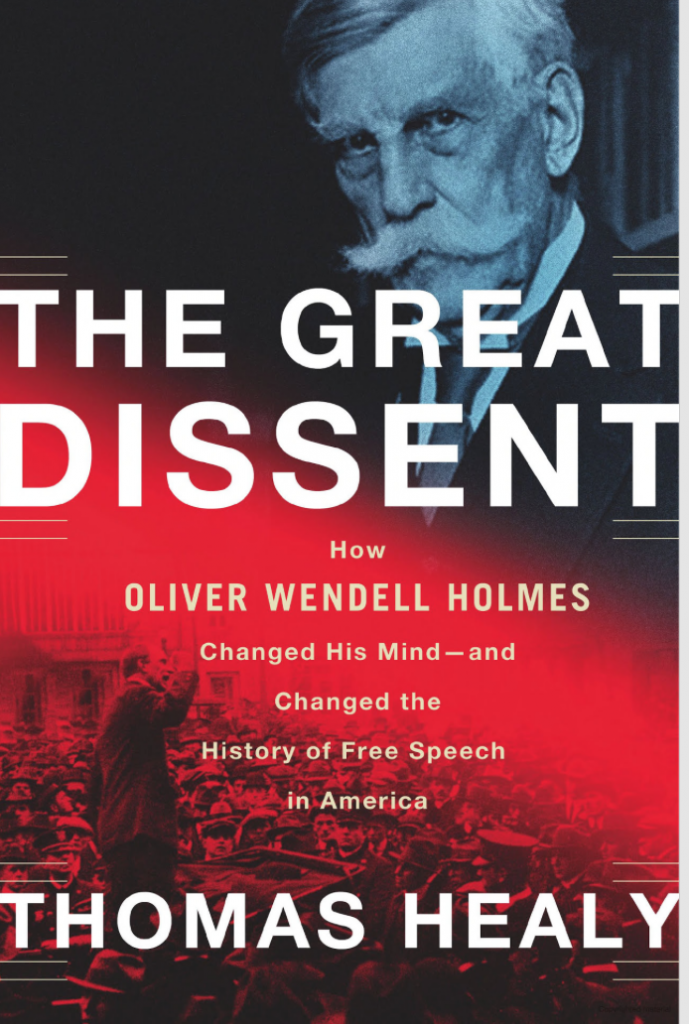
Authors Share Excerpts on Free Speech:
Thomas Healy and The Great Dissent
Excerpted from The Great Dissent, by Thomas Healy. Copyright © 2013 by Thomas Healy. Excerpted by permission of Picador. All rights reserved. No part of this excerpt may be reproduced or reprinted without permission in writing from the publisher.
Prologue
An Unexpected Visit
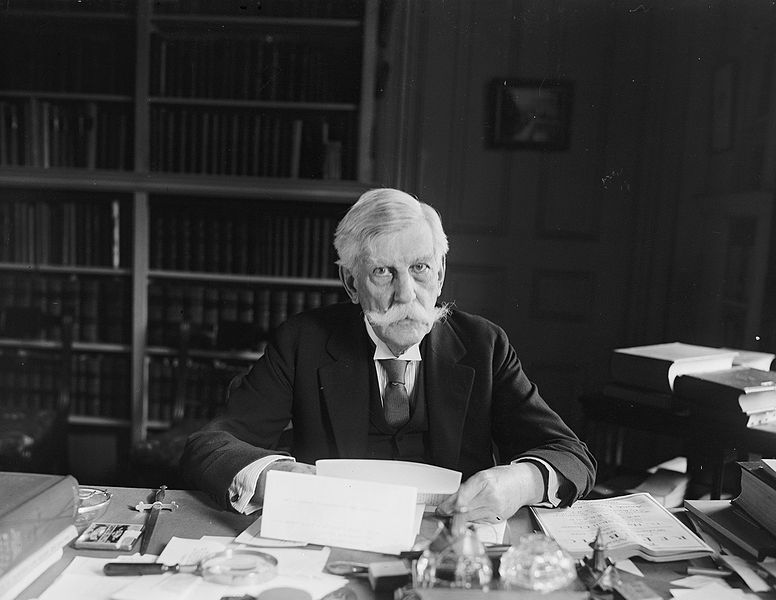
Justice Oliver Wendell Holmes Jr. changed course after his enunciation of a restrictive clear and present danger test that made it easy to punish political dissent.
On Friday November 7, 1919, as federal agents launched a nationwide raid on the homes and meeting halls of Russian immigrants, three members of the United States Supreme Court mounted the steps of a red brick townhouse in Washington D.C., just blocks away from the White House. Unlike the agents, who had been dispatched by an ambitious young official named J. Edgar Hoover, the justices were not hunting for communists. They were there to call on their colleague, Oliver Wendell Holmes Jr., Boston Brahmin, Civil War veteran, and sage of the common law. But their visit, unusual and unexpected, was linked to the larger mission being carried out that day, and, to the justices at least, it was every bit as important.
They were greeted by Holmes’s wife Fanny and led up the steep stairs to the second floor, where Holmes had his study. In those days, the justices did not have offices at the Supreme Court; instead they researched and wrote their opinions at home, sending notes and drafts to one another by messenger. Holmes’s study was spacious and bright, two high-ceilinged rooms connected by sliding double doors. In the rear room, looking out over a small garden, stood a cherrywood desk that had belonged to his grandfather, a judge on the Massachusetts Supreme Judicial Court, as well as an old-fashioned upright desk. This is where Holmes worked, alternating between the two desks and a comfortable leather chair in front of the fireplace. On the mantle were photographs of several young female friends, and high above them hung two crossed swords, one used by his great grandfather during the French and Indian War and another carried by Holmes himself during the Civil War. Through the doors was a smaller room where his secretary worked at a desk handed down by Holmes’s father, the famous doctor and author. Bookshelves lined both rooms, climbing the walls and wrapping around the windows and doorways like ivy. Their shelves were packed tight with books—more than ten thousand volumes in all, mostly law, philosophy, and history, but also the occasional detective story or racy French novel.
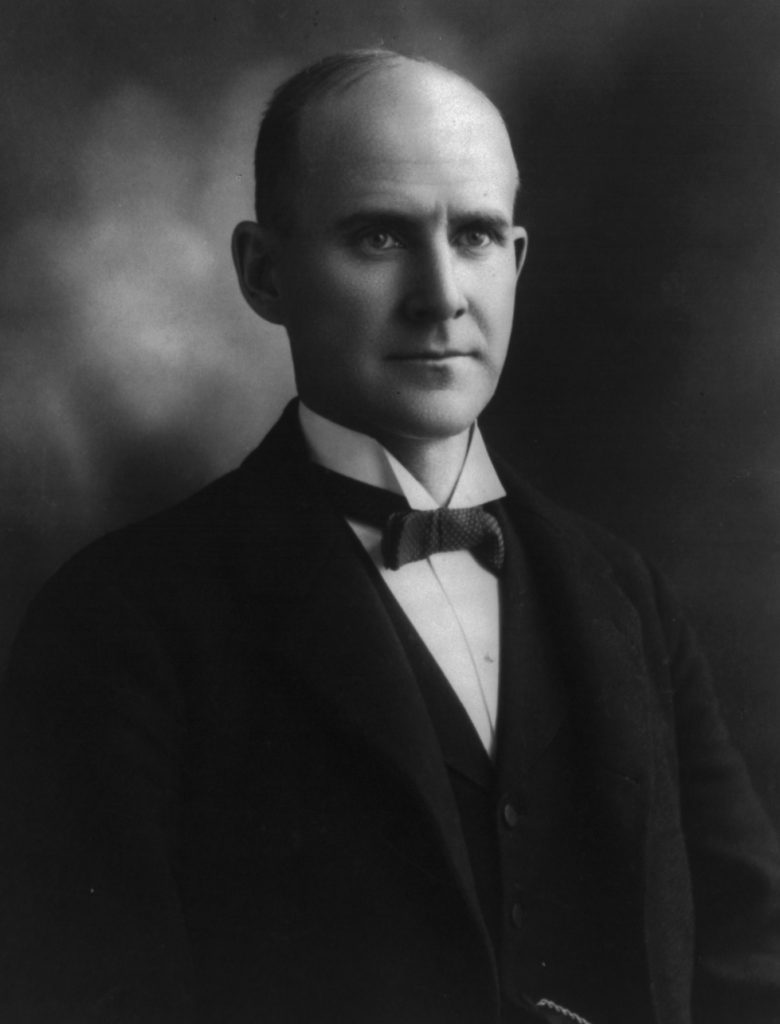
Eugene V. Debs
Because the Court term was underway, Holmes was dressed in a morning coat with a stiff white shirt and high collar. He welcomed his visitors into the study and motioned to his secretary, Stanley Morrison, to stay in the adjoining room with the doors open. Like nearly all of Holmes’s secretaries, Morrison was a recent graduate of Harvard Law School who had been handpicked for the job by a trusted faculty member. He was also the friend of another Court secretary that year by the name of Dean Acheson, and after the visit he told Acheson what had happened. Acheson, of course, went on to achieve his own fame as Secretary of State during the Cold War, and when he wrote a memoir of his early years in Washington he recounted the incident, which is how we know about it today.
After they were seated and had exchanged pleasantries, the three justices—Willis Van Devanter, Mahlon Pitney, and a third whose name Acheson could not remember—explained the reason for their visit. The day before, Holmes had circulated a dissenting opinion in a case the Court had heard two weeks earlier. It was an important case testing the government’s power to punish the anarchists and agitators who had spoken out against the recent war. And for most members of the Court, it was an easy case. Of course the government could punish such troublemakers. Freedom of speech was not absolute, and if the defendants had intended to disrupt the war, they deserved to be treated as criminals.
The majority of the Court, and anyone who followed its decisions, might have expected Holmes to agree. After all, just nine months earlier he had written three opinions for the Court saying pretty much the same thing.
One of those cases was an appeal by Eugene V. Debs, the leader of the Socialist Party and a frequent candidate for president, who had been sentenced to ten years in prison for a speech he had given in the summer of 1918. It was essentially a stump speech, an effort to fire up the base in advance of the fall elections, and Debs had chosen his words carefully. He said nothing that explicitly urged interference with the war, though he did praise party members who had opposed the draft. For Holmes, that had been enough. In a short and dismissive opinion, he had accepted the jury’s verdict that Debs meant to illegally obstruct military recruiting and affirmed his conviction.
So when the Court heard arguments in the anarchists’ case, few people expected Holmes to side with the defendants. But something had changed. Instead of voting with the majority, Holmes said the convictions should be reversed. The defendants had no intent to undermine the fight against Germany, he explained. They were merely upset with President Wilson’s decision to intervene in the Russian Revolution.
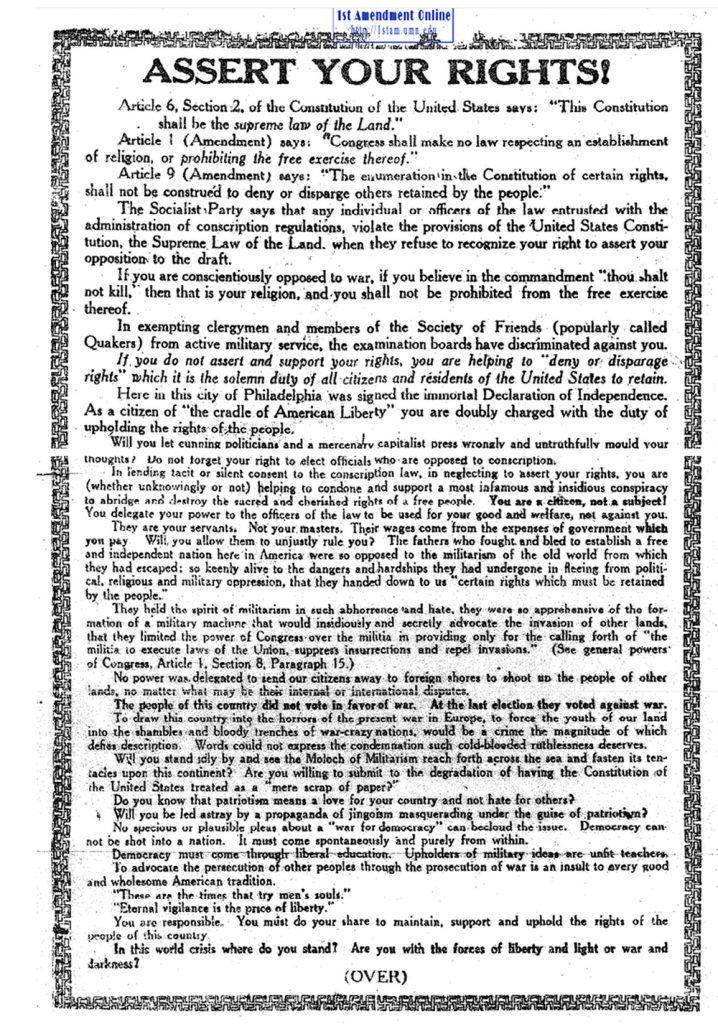
Charles Schenck distributed leaflets against the draft during World War I, and was convicted under the Supreme Court’s clear and present danger test.
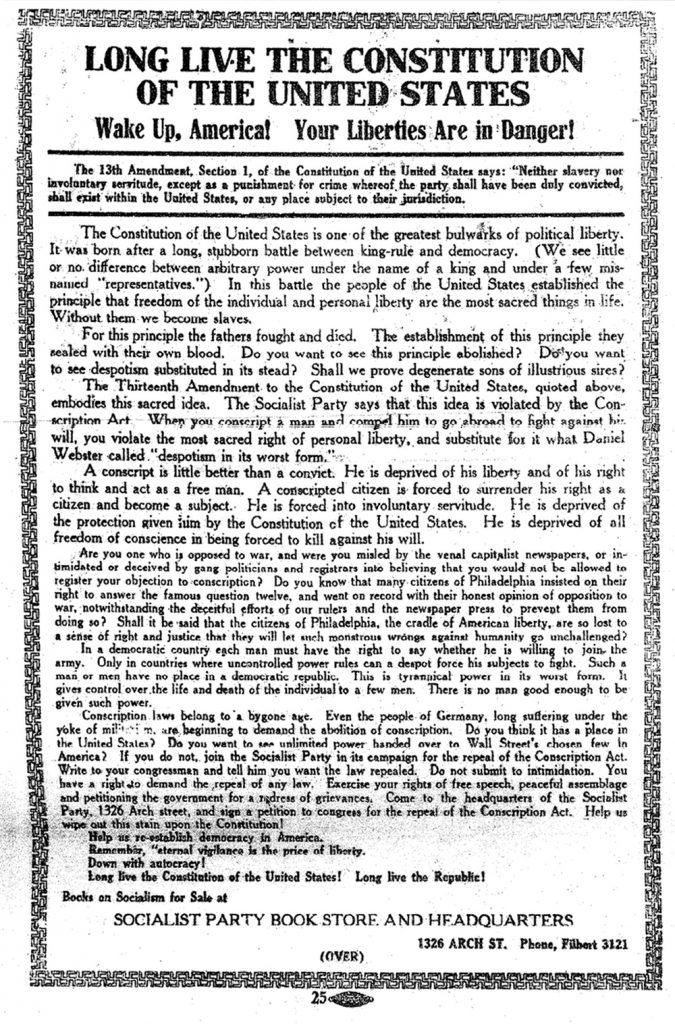 Besides, he argued, their speech was protected by the First Amendment. This last point was no small matter. In spite of its seemingly clear command—”Congress shall make no law . . . abridging the freedom of speech”—the First Amendment at that time was still largely an unfulfilled promise. The Supreme Court itself had never ruled in favor of a free speech claim, and lower courts had approved all manner of speech restrictions, including the censorship of books and films, the prohibition of street-corner speeches, and assorted bans on labor protests, profanity, and commercial advertising. Even criticism of government officials could be punished, the courts had ruled, if it threatened public order and morality. But now, with the country gripped by fear of the communist threat, Holmes was proposing something radical: an expansive interpretation of the First Amendment that would protect all but the most immediately dangerous speech. His opinion was passionate and powerful, especially the long concluding paragraph. This began strangely, incongruently, as though Holmes was making the case against free speech, not for it.
Besides, he argued, their speech was protected by the First Amendment. This last point was no small matter. In spite of its seemingly clear command—”Congress shall make no law . . . abridging the freedom of speech”—the First Amendment at that time was still largely an unfulfilled promise. The Supreme Court itself had never ruled in favor of a free speech claim, and lower courts had approved all manner of speech restrictions, including the censorship of books and films, the prohibition of street-corner speeches, and assorted bans on labor protests, profanity, and commercial advertising. Even criticism of government officials could be punished, the courts had ruled, if it threatened public order and morality. But now, with the country gripped by fear of the communist threat, Holmes was proposing something radical: an expansive interpretation of the First Amendment that would protect all but the most immediately dangerous speech. His opinion was passionate and powerful, especially the long concluding paragraph. This began strangely, incongruently, as though Holmes was making the case against free speech, not for it.
Persecution for the expression of opinions seems to me perfectly logical. If you have no doubt of your premises or your power and want a certain result with all your heart you naturally express your wishes in law and sweep away all opposition. To allow opposition by speech seems to indicate that you think the speech impotent, as when a man says that he has squared the circle, or that you do not care whole heartedly for the result, or that you doubt either your power or your premises—
Then, just as the reader began to blink in confusion, wondering if something had gone wrong, if perhaps the printer had made an error, Holmes suddenly—brilliantly—changed direction.
But when men have realized that time has upset many fighting faiths, they may come to believe even more than they believe the very foundations of their own conduct that the ultimate good desired is better reached by free trade in ideas—that the best test of truth is the power of the thought to get itself accepted in the competition of the market, and that truth is the only ground upon which their wishes safely can be carried out. That at any rate is the theory of our Constitution. It is an experiment, as all life is an experiment. Every year if not every day we have to wager our salvation upon some prophecy based upon imperfect knowledge. While that experiment is part of our system I think that we should be eternally vigilant against attempts to check the expression of opinions that we loathe and believe to be fraught with death, unless they so imminently threaten immediate interference with the lawful and pressing purposes of the law that an immediate check is required to save the country. . . .
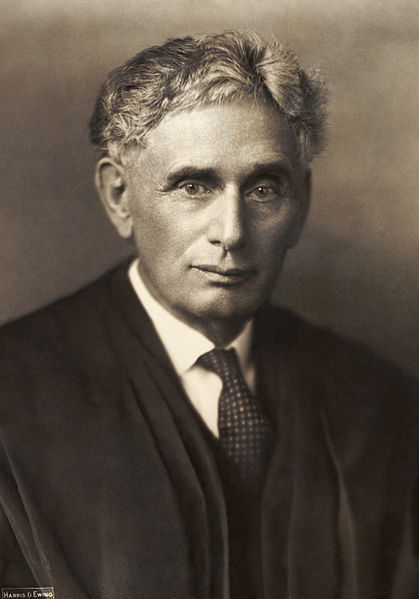
Justice Louis Brandeis joined Justice Oliver Wendell Holmes Jr. in forging a more protective understanding of the First Amendment freedom of the press.
No one else on the Court wrote like this. Only Holmes could translate the law into such stirring, unforgettable language. Yet even by his high standards this was unusually fine, and his colleagues worried about the effect it might have. Although the war had ended a year earlier, the country was still in a fragile state. There had been race riots that summer, labor strikes that fall. A bomb had exploded on the Attorney General’s doorstep—the opening strike, the papers warned, in a grand Bolshevik plot. A dissent like this, from a figure as venerable as Holmes, might weaken the country’s resolve and give comfort to the enemy. The nation’s security was at stake, the justices told Holmes. As an old soldier, he should close ranks and set aside his personal views. They even appealed to Fanny, who nodded her head in agreement. The tone of their plea was friendly, even affectionate, and Holmes listened thoughtfully. He had always respected the institution of the Court and more than once had suppressed his own beliefs for the sake of unanimity. But this time he felt a duty to speak his mind. He told his colleagues he regretted he could not join them, and they left without pressing him further.
Three days later, Holmes read his dissent in Abrams v. United States from the bench. As expected, it caused a sensation. Conservatives denounced it as dangerous and extreme. Progressives hailed it as a monument to liberty. And the future of free speech was forever changed.
Tags
